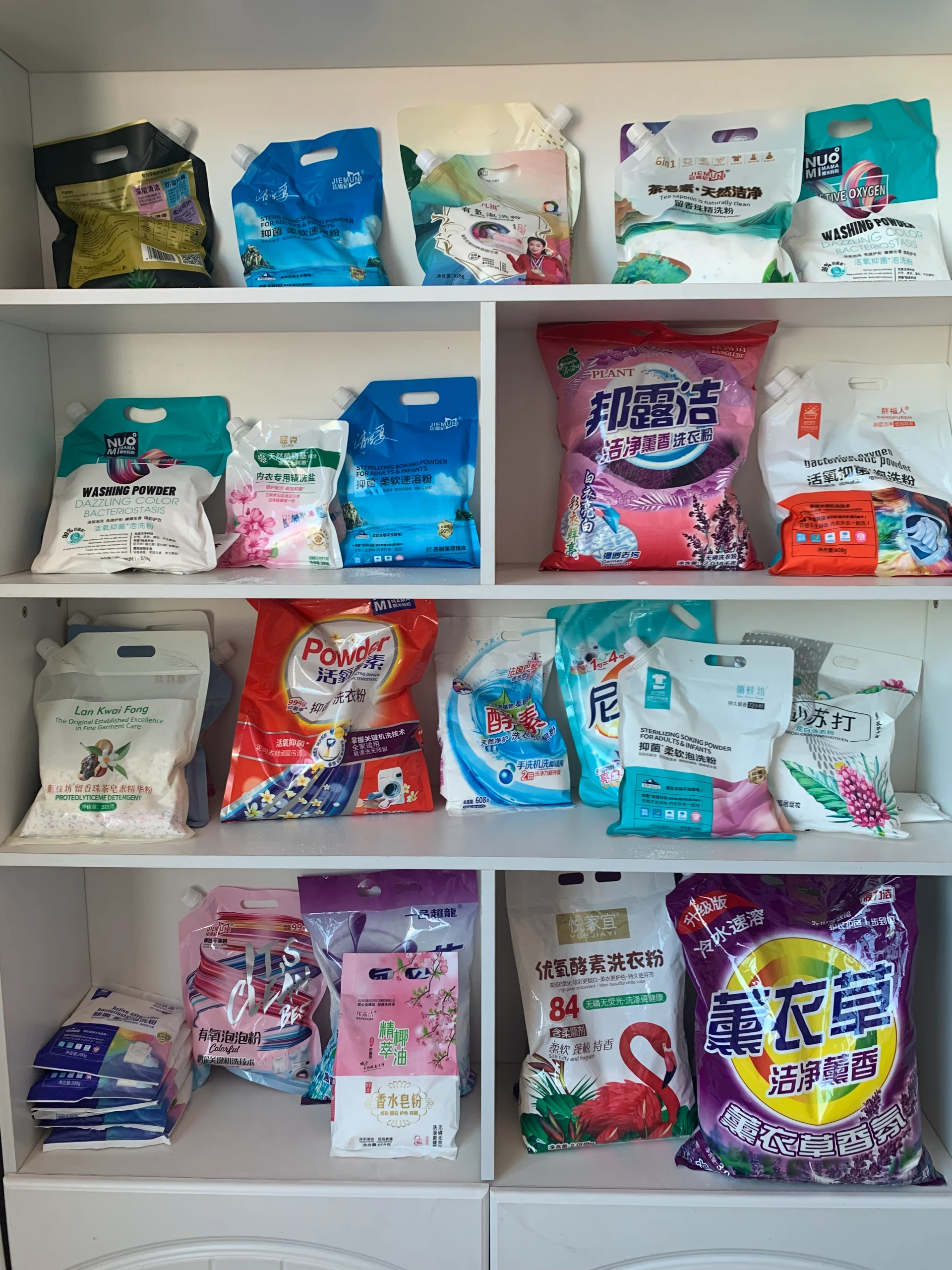



Study of Diammonium Monohydrogen Phosphate and Its Applications in Agriculture and Industry
Understanding Diammonium Monohydrogen Phosphate A Vital Compound in Agriculture and Industry
Diammonium monohydrogen phosphate (DAP) is a highly soluble and effective source of phosphorus and nitrogen, two essential nutrients for plant growth. With the chemical formula (NH4)2HPO4, DAP is a crystalline salt that plays a pivotal role in agriculture as a fertilizer. It provides a balanced ratio of these key nutrients, making it a preferred choice among farmers and agricultural professionals.
Chemical Composition and Properties
DAP is produced by the reaction of phosphoric acid with ammonia, yielding a compound that consists of two ammonium ions (NH4+) and one phosphate ion (HPO4^2−). This unique composition allows DAP to provide both nitrogen and phosphate in a single application. The compound is often found in granular form, making it easy to handle and spread. Additionally, it is hygroscopic, meaning it can absorb moisture from the environment, which is an important characteristic that enhances its solubility in water.
Role in Agriculture
In agriculture, phosphorus is critical for energy transfer within plants, playing a significant role in photosynthesis and energy storage. Moreover, it contributes to root development, flowering, and overall plant vigor. Nitrogen, on the other hand, is essential for the synthesis of amino acids, the building blocks of proteins, and is a vital component of chlorophyll, which is necessary for photosynthesis.
The dual function of DAP makes it a versatile fertilizer suitable for a wide variety of crops. Its application can lead to increased yield, improved crop quality, and enhanced disease resistance. Farmers often apply DAP during the planting or seeding stage to ensure that plants have access to both nitrogen and phosphorus right from the start of their growth cycle.
diammonium monohydrogen phosphate

Environmental Considerations
While DAP is beneficial in promoting plant growth, its use does carry some environmental considerations. The over-application of phosphorus fertilizers can lead to runoff, causing water pollution and eutrophication in nearby water bodies. This can lead to algal blooms, which deplete oxygen levels in the water, harming aquatic life. Therefore, it is vital for farmers to apply DAP judiciously, following soil test recommendations to ensure that the fertilizer is used efficiently and sustainably.
Industrial Applications
Beyond agriculture, diammonium monohydrogen phosphate has several industrial applications. It is used in the manufacture of flame retardants and as a food additive. For instance, in the food industry, DAP is utilized as an acidity regulator and a leavening agent in baked goods. Its ability to release carbon dioxide when combined with acids makes it a functional ingredient in various food formulations.
Moreover, DAP is used in various chemical processes, including the production of certain detergents, and it is a common component in the manufacturing of various types of glass and ceramics. These industrial applications highlight the versatility of DAP beyond its role as a fertilizer.
Conclusion
Diammonium monohydrogen phosphate (DAP) is indeed an integral compound in both agricultural and industrial sectors. Its role as a fertilizer ensures that crops receive essential nutrients for optimal growth, while its properties lend themselves well to various industrial applications. However, responsible management and application practices are crucial to mitigate any environmental risks associated with its use. As global demand for food continues to rise, the efficient use of fertilizers like DAP will be pivotal in achieving sustainable agricultural practices that can support growing populations while protecting our planet. Understanding the benefits and potential drawbacks of DAP allows for informed decisions that can enhance agricultural productivity and environmental stewardship simultaneously.
-
Why Sodium Persulfate Is Everywhere NowNewsJul.07,2025
-
Why Polyacrylamide Is in High DemandNewsJul.07,2025
-
Understanding Paint Chemicals and Their ApplicationsNewsJul.07,2025
-
Smart Use Of Mining ChemicalsNewsJul.07,2025
-
Practical Uses of Potassium MonopersulfateNewsJul.07,2025
-
Agrochemicals In Real FarmingNewsJul.07,2025
-
Sodium Chlorite Hot UsesNewsJul.01,2025










